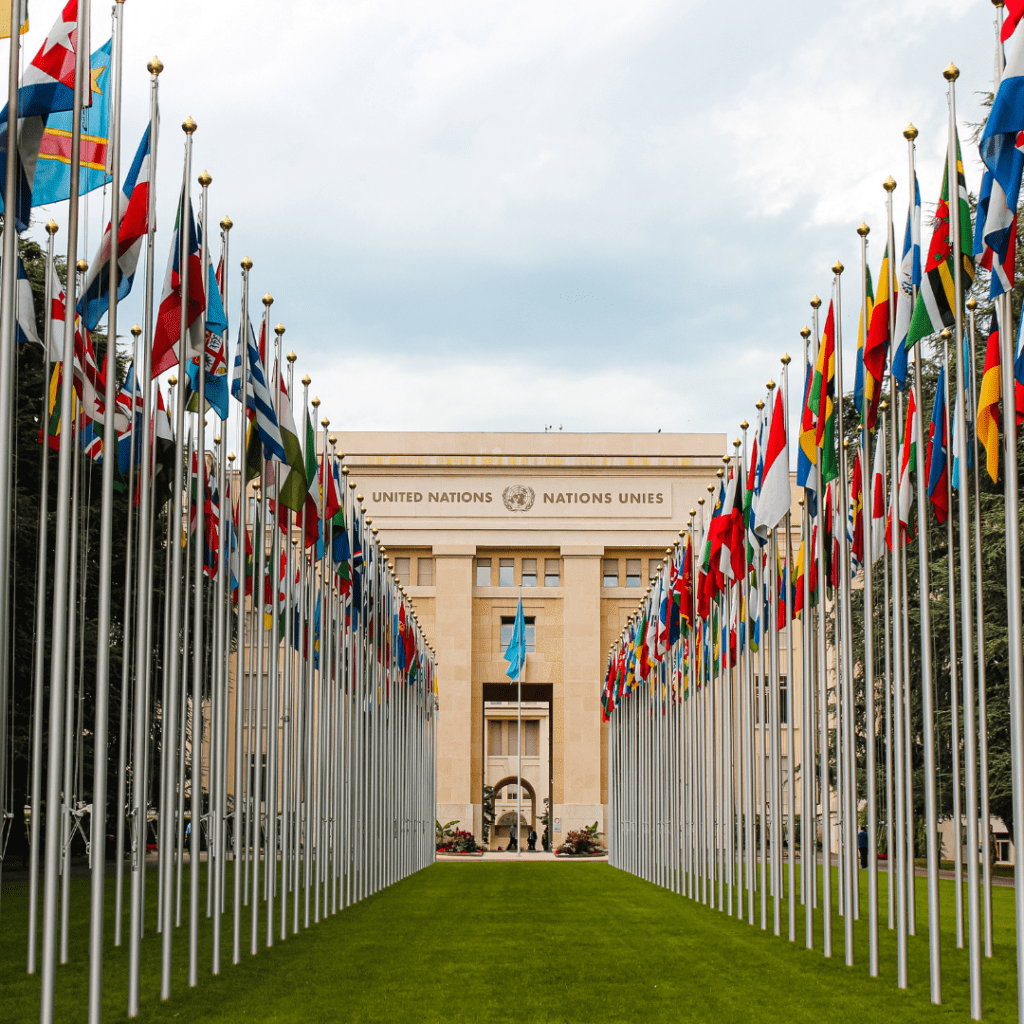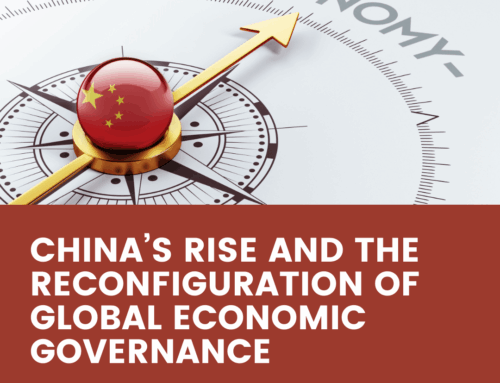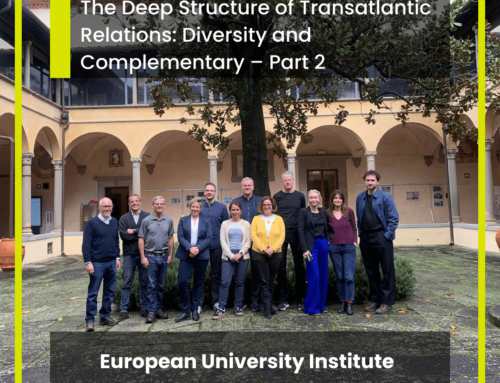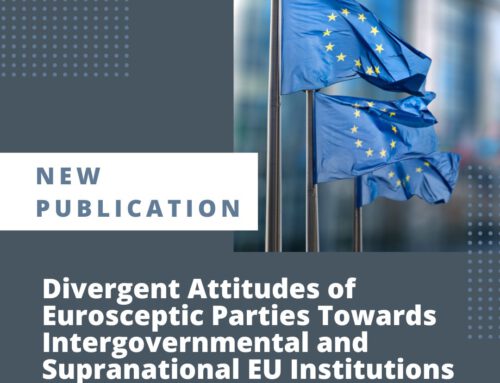The extensive delegation of power to international organizations (IOs) has been accompanied by occasional agency slack. While prior studies suggest that IOs’ propensity for agency slack may be rooted in their organizational characteristics, this has rarely been explored empirically. To address this lacuna, in this article we propose a conceptualization and measurement of agency slack and develop a framework of organizational characteristics. Our empirical analysis applies qualitative comparative analysis to assess the conditions under which agency slack occurs across sixteen United Nations institutions. We complement the cross-case analysis with two case illustrations. Our results document the empirical existence of two paths to agency slack, providing confirmatory evidence for our theoretical expectations. Path 1 combines staffing rules that are favorable for the agent with wide access to third parties. Path 2 entails the combination of favorable staffing rules with extensive delegation of authority and a vague organizational mandate.
Heldt, E.C., Mello, P.A., Novoselova, A. & Ramon Serrano Oswald, O. (2022): When Do International Organizations Engage in Agency Slack? A Qualitative Comparative Analysis of United Nations Institutions, Global Studies Quarterly, 2(3), 1-15.





